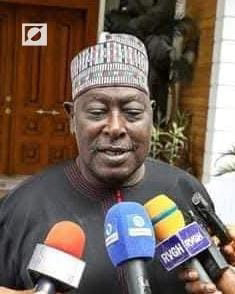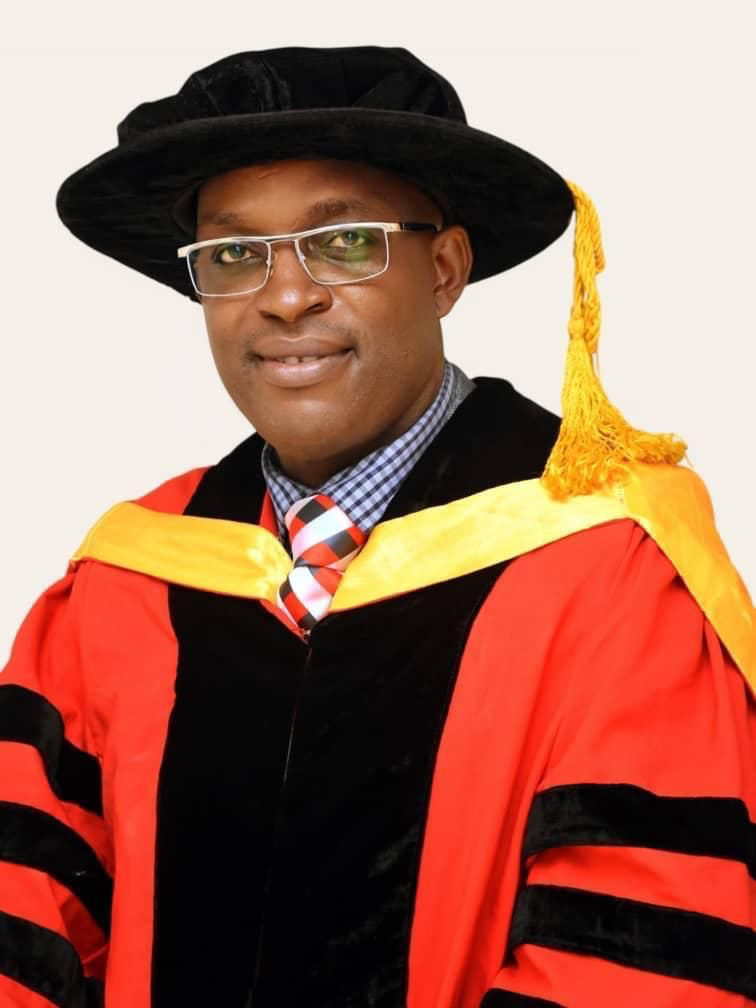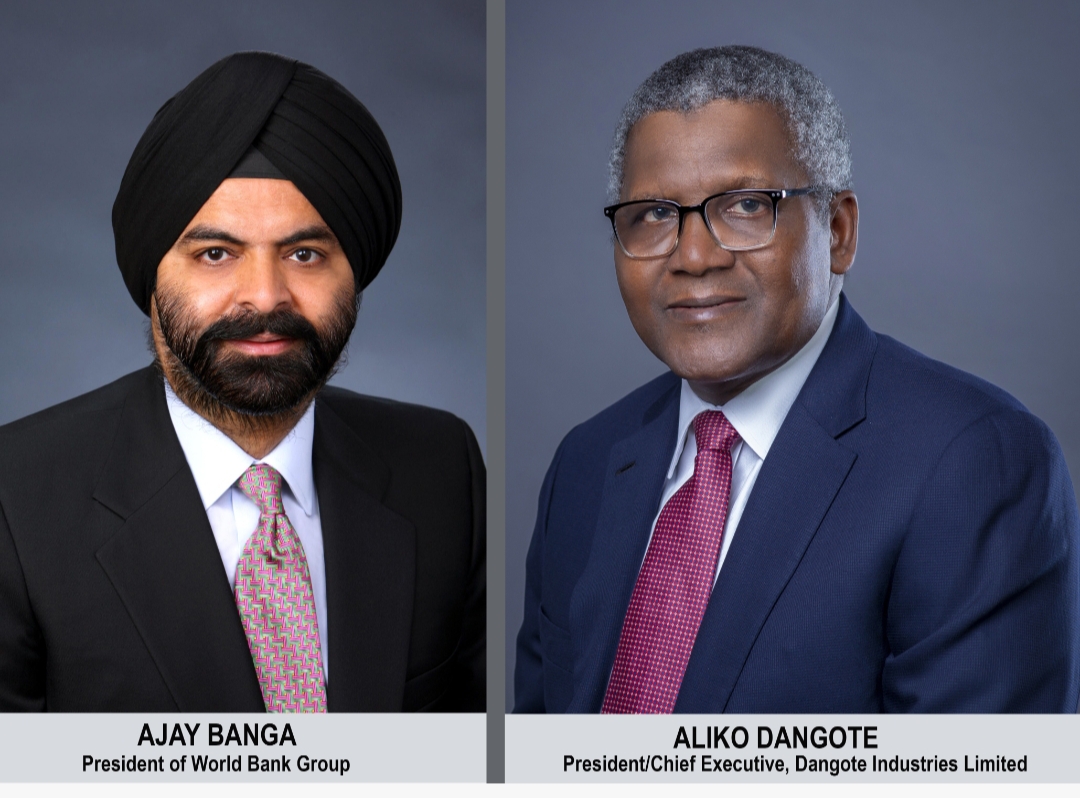In a passionate defense of the North and a critique of the recently debated Tax Reform Bills, Babachir Lawal, former Secretary to the Government of the Federation, has hit back at Southerners who criticize the North as “lazy” and “unproductive.”
In his statement, Lawal argues that such views are rooted in ignorance and are unfounded, particularly when viewed through the lens of Adamawa State’s substantial agricultural contribution to the nation.
Lawal, who hails from Adamawa State, took to task the contentious discussions surrounding the proposed VAT reforms. He noted that while the Southern states, particularly Lagos and Rivers, have largely supported the bill, the Northern states, including Adamawa, have raised concerns. The crux of the disagreement, according to Lawal, lies in the distribution of VAT, which he claims unfairly benefits the South while disadvantaging the North.
The former SGF pointed out that despite Adamawa’s significant contribution to Nigeria’s economy through agriculture, particularly cattle and paddy rice production, much of the VAT generated from these industries is attributed to the southern states.
He explained that over 30,000 cattle are sold weekly in Adamawa, but the VAT generated from processed goods such as sausages and raw beef is credited to the southern states where the value-addition takes place. Similarly, Adamawa produces over 90% of Nigeria’s paddy rice, but the VAT from the milling and sale of rice is allocated to southern states, leaving Adamawa with little financial gain from its agricultural output.
He further suggested that if Adamawa were allowed to levy a small charge on its cattle and paddy rice, it could generate billions in revenue, citing estimates of N7.8 billion annually from cattle and N50 billion from rice alone. This, he argues, would provide much-needed funds for the state and help reduce the financial imbalance between the North and South.
Lawal also addressed the issue of value-addition, pointing out that Adamawa State has a comparative advantage in raw material production, not in finished goods. He explained that the state’s inability to engage in manufacturing is due to the lack of essential infrastructure, such as consistent electricity supply, good roads, and railway access, which are necessary for industrial development. Instead, he says, Adamawa focuses on agriculture, where it excels, and it is this expertise that benefits the entire country.
In his final remarks, Lawal criticized the Southern perspective that views the North as lazy, calling it a demonstration of ingratitude and ignorance. He suggested that the South would be worse off if the North stopped supplying raw materials essential for their industries. He also warned Southerners to prepare for rising food prices, which he claims will be exacerbated by the federal government’s economic policies, including those concerning petroleum pricing and currency exchange rates.
Lawal’s remarks reflect ongoing tensions between the North and South over economic and political issues, particularly in relation to the implementation of the Tax Reform Bills and regional contributions to Nigeria’s economy.








